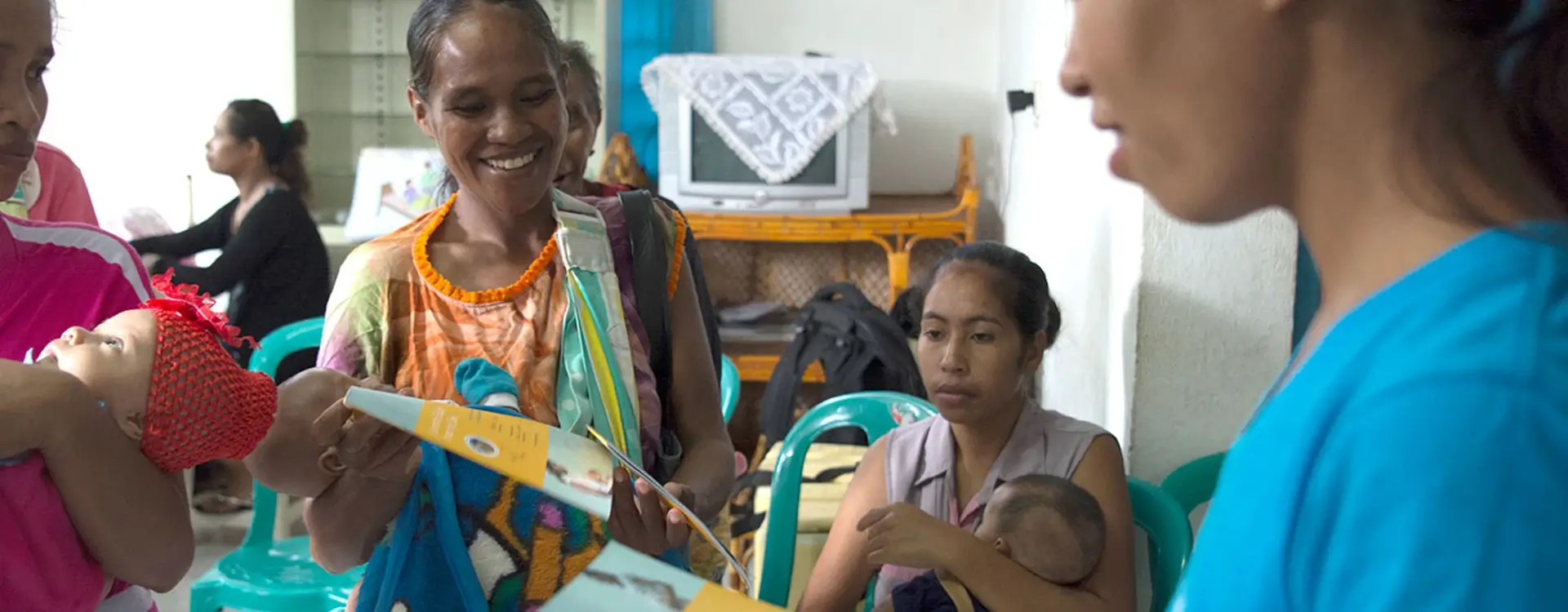
Timor-Leste
MSI Timor-Leste
MSI Timor-Leste was established in 2007 and is now the largest provider of sexual and reproductive health services in the country.
MSI Timor-Leste’s teams deliver a full range of contraceptive methods, as well as STI testing and antenatal care to thousands of people every year across almost all of the country’s districts.
As a key player in the country’s public health system, MSI Timor-Leste has a strong track record of implementing at scale and works closely with public healthcare providers to build their capacity to provide sexual and reproductive health services and information. MSI Timor-Leste has developed strategies to meet the needs of the poorest, most marginalised rural communities, and has enabled adolescents and at-risk populations to access reproductive choice.
Contact us
Contact our Timor-Leste support office to talk about our work.
Marie Stopes Timor-Leste
Rua Belarmino Lobo
Bidau Lecidere
PO Box 313
Dili
Timor Leste
Tel: +670 3322 923
Looking for services
Looking for services in Timor-Leste? Use the contacts below to speak with our advisers.
Tel: +670 3322 923





